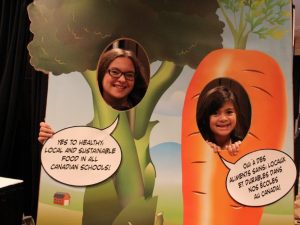
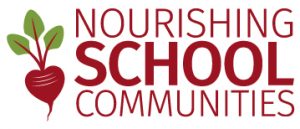 Nourishing School Communities brought together partners from across Canada with the vision to get more healthy and local foods into the minds and onto the plates of school children. The objective of this evidence-based initiative was to implement, scale up and evaluate best practices by guiding school communities to create healthy school food environments. With three years funding from the federal government through the Canadian Partnership Against Cancer’s Coalitions Linking Action & Science for Prevention (CLASP) program, Nourishing School Communities provided $2.4 million to various programs across the country.
Nourishing School Communities brought together partners from across Canada with the vision to get more healthy and local foods into the minds and onto the plates of school children. The objective of this evidence-based initiative was to implement, scale up and evaluate best practices by guiding school communities to create healthy school food environments. With three years funding from the federal government through the Canadian Partnership Against Cancer’s Coalitions Linking Action & Science for Prevention (CLASP) program, Nourishing School Communities provided $2.4 million to various programs across the country.
Working hand in hand with multiple partners at provincial and local levels, seven national partners led this work including: Heart & Stroke, Farm to Cafeteria Canada, YMCA Canada, Federation of Sovereign Indigenous Nations, The Lunch Lady Group Inc., University of New Brunswick and the Propel Centre for Population Health Impact.
Our approach:
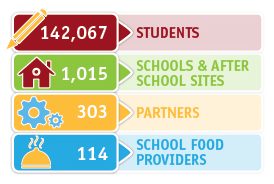
Nourishing School Communities made transformative changes to school and after-school food environments across various programs over the three-year period. Each program worked with multiple partners towards a common vision in complementary and unique ways. These partnerships also facilitated communications and sharing across established school food programs and networks. Together this initiative supported changes that aimed to shift policies and practices in ways that make healthy local foods easier to access and fun to eat.
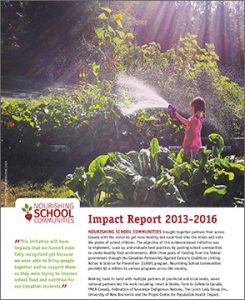 To find out more, read the
To find out more, read the
Nourishing School Communities Impact Report 2013-2016
Nourishing School Communities was successful in creating environments where healthy local food was encouraged, supported and celebrated.
“This initiative will have impacts that we haven’t even fully recognized yet because we were able to bring people together and to support them as they were trying to improve school food and nutrition for our Canadian students.”
Across this country, thousands of people are championing a new and improved ‘menu’ for school food and we are excited to see the Nourishing School Communities partners leading as a catalyst for future action.
Beyond the three year time period, a number of important impacts will remain and continue to grow:
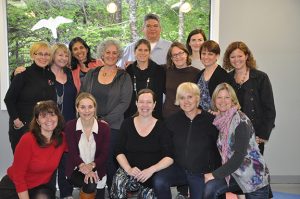
The partnerships that were developed will continue to be strengthened;
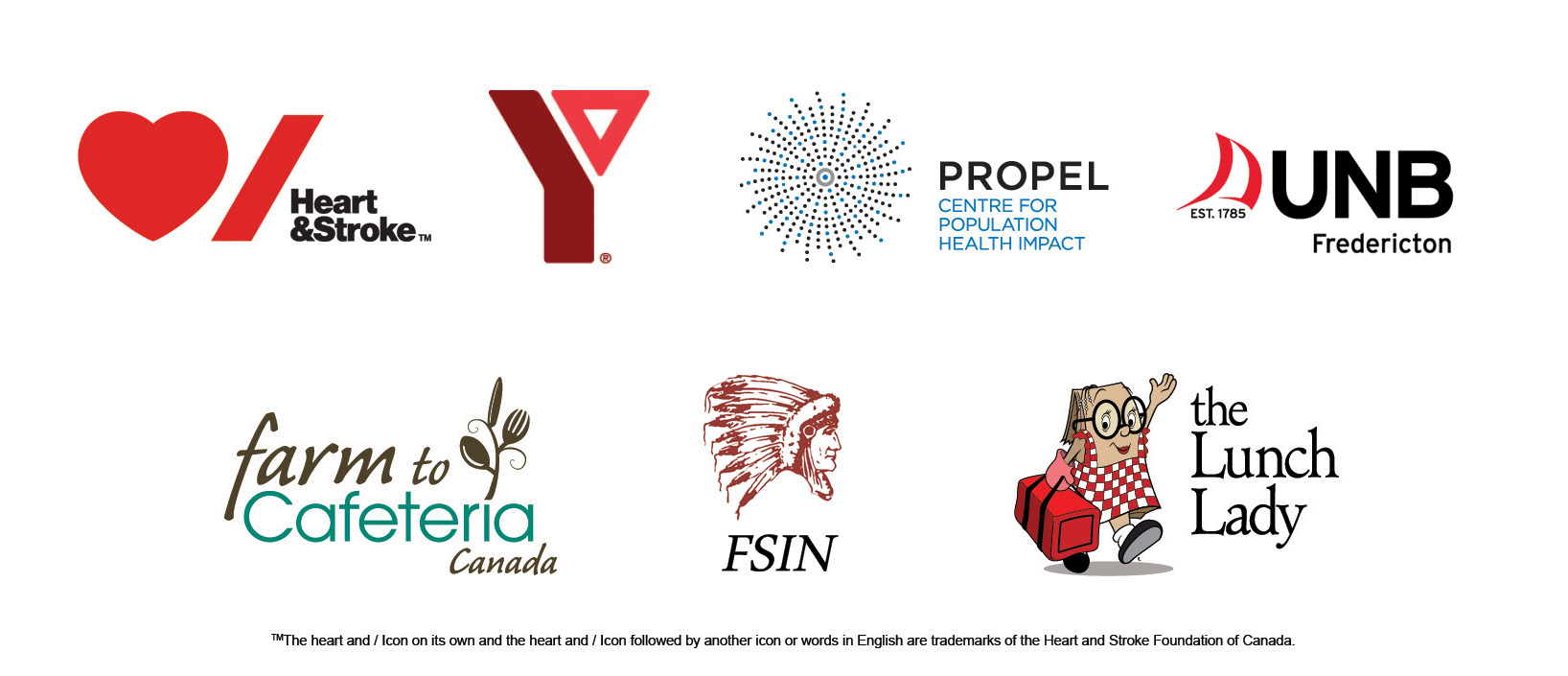
Multilingual WordPress with WPML
